Guest Post from Laura Majors
We all rely on our elected officials, both paid and volunteer to do the right thing, work together, and make the best decisions possible for the city, county, and school system. When they aren’t talking, community amenities are put at risk. Our neighborhood, in the north end of Ward 1, is in a position to lose many amenities that can isolate a neighborhood. We are being handed “plans”, then input is received and largely ignored, with a concession here and there. Here are the example of what we are experiencing:
Graham Park & Graham House:
The Graham House and Park were donated to the city for a park with house for meetings and education. Last Autumn, a small group of neighbors and HOAs (in a largely non-HOA neighborhood) were notified of “improvements” to this park. The plan included the demolition of the Graham House. The reason for the demolition plan was the cost of fixing up the building as event rentals had decreased, largely for the reason that the building had not been maintained. According to counts of the responses on at the initial community meeting and on https://www.lakewoodtogether.org/grahamparkimprovements , community members want to keep the building, yet this request was ignored. The new plan after community involvement, is to demolish the building. An open records request response said that there is no record of a legal review by the City Attorney whether or not demolishing the building in respect to our city charter is legal, section 14.3, page 40. Today, I requested of all our city council members a legal review of the plan to demolish the Graham House within Graham Park. If there is an objective lawyer out there reading this who would like to give a pro bono opinion to the community, please do.

Vivian Elementary School:
JJeffCo School District decided to close Vivian Elementary School. The school exists on a parcel of land donated in 1953 by the Larsen family, who farmed the land. The family of the Larsens have indicated they would like the property to remain public. Since the school closed in the Fall of 2023, neighbors say we are not receiving the priority #2 snow plowing around the school, making it more difficult to get out of the neighborhood onto priority #1 streets.
In April 2024, JeffCo Schools held a community meeting at the local library. They were overwhelmed by the number of people from our community who were interested, so many that monitors were set up outside of the room for overflow. Representatives from the school district told the community that the City of Lakewood had turned down the opportunity to purchase the land and building. This municipal process was posted on the JeffCo Schools Disposition web site for how the process was supposed to go. The first step of the process is to meet with city officials, yet no record of this meeting exists.
At the library meeting, the community gave clear feedback that a park was the best use of this land and indicated that the school district should go back to the city and ask again. Instead, Jeffco Schools went ahead with their next steps in the process to sell the land, which could result in up to 70 homes being built on the property. Community members came forward in force with requests of the city to purchase this land for a park and possibly using the building for a recreation or learning center of some kind.
On September 13th at 12:00 noon, the City Council of Lakewood and the Jeffco School Board and Superintendent held a meeting. The only topic discussed was the school disposition process and more specifically, Emory and Vivian Elementary Schools. While the Jeffco School Disposition process has a community notification system in place for anyone interested in one or all of the schools, a notification did not go out about this meeting. The meeting was mostly about how the process didn’t work and Jeffco Schools admittedly said that the municipal process needed to be more “formal”, and that the city would be given more time in the future to respond on whether or not a property was desired for purchase. The additional time would allow the city to discuss plans with the community before giving a formal response on a property.
So, there are now direct negotiations for the city to purchase 3 acres from Jeffco Schools and Jeffco has asked developers to include that in their final plans.
A community group met with one of the developers at their request to look at their plan and give feedback. The development plan was for the ballfields, basketball court, playground, picnic areas, parking lot, and school building to be demolished. The plan showed 37 houses leaving 3 acres of park space. Unfortunately, this is the 3 acres on the easement under which a very large Denver Water pipe lies. Likely, homes could not be built on most of this space anyway. We lose our amenities, we gain an easement.
We would like to have a discussion with the city before all the amenities are gone.
10850 20th Street/Quail Street Park:
City Council approved the purchase of this land from Denver Water in the Autumn of 2023. The city website says they have purchased it and will ask for community involvement after the purchase is complete. The portion on which Quail Street Park with a playground sits is a lease held by the city through 2028.
The Assessor’s office shows the owner is still Denver Water. I asked the city for clarification and was told negotiations are ongoing. City Council members have described this land as “passive park space”, which denotes no ball field or space for organized sports.
Removal of 20th and Oak Pedestrian Light:
In addition to these properties, a pedestrian traffic light at 20th and Oak was being reviewed for decommissioning. Kids used it to get to Vivian Elementary School. Neighbors responded to the request for input, saying this light connects the neighborhood blocks, slows traffic on 20th, and was good for the community. The light was removed.
A neighborhood at risk of isolation:
A micro look at each of these decisions and the manner in which they were executed, taken individually, is certainly not palatable. And when looked at from a macro level, they indicate government entities not working together and in doing so, isolating a community from amenities which have been at the center of this community’s mental and physical health.
The City of Lakewood’s own research identified Ward 1 as the ward with the least amount of city park and green space per population. How is more infill acceptable?
We’ve lost a school, the center of community connection. We’ve lost a pedestrian light that assured the safety of community members walking our part of the city. We are losing a second community building through what seems to be intentional neglect with intention to demolish. Now we’re at risk for losing ball fields, picnic areas, and a playground with no assurances to replace these amenities.
With all the focus on mental and physical health, why remove those amenities that keep us mentally and physically strong, placing those budgets and efforts instead on fixing those things later at a higher cost?






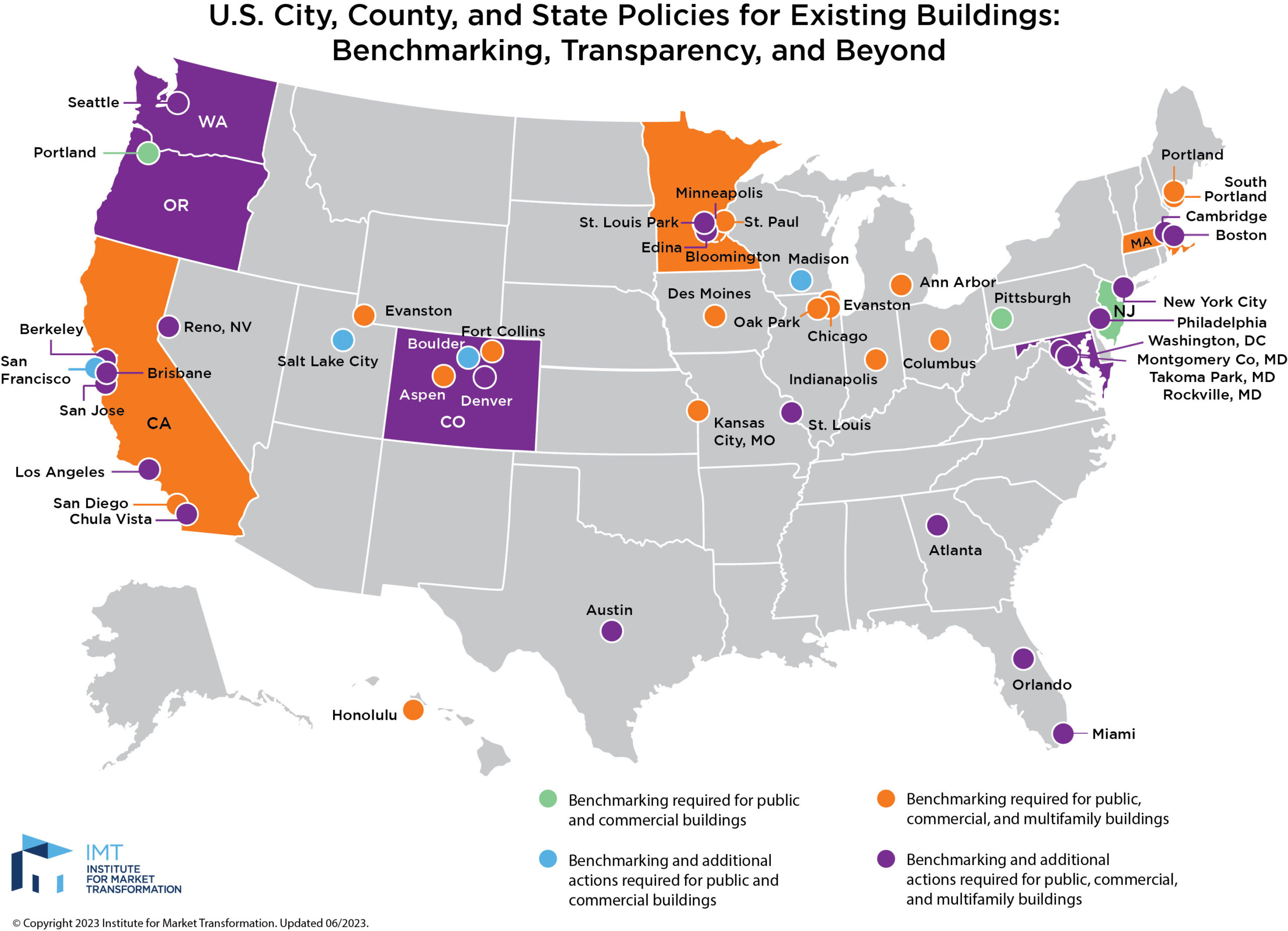

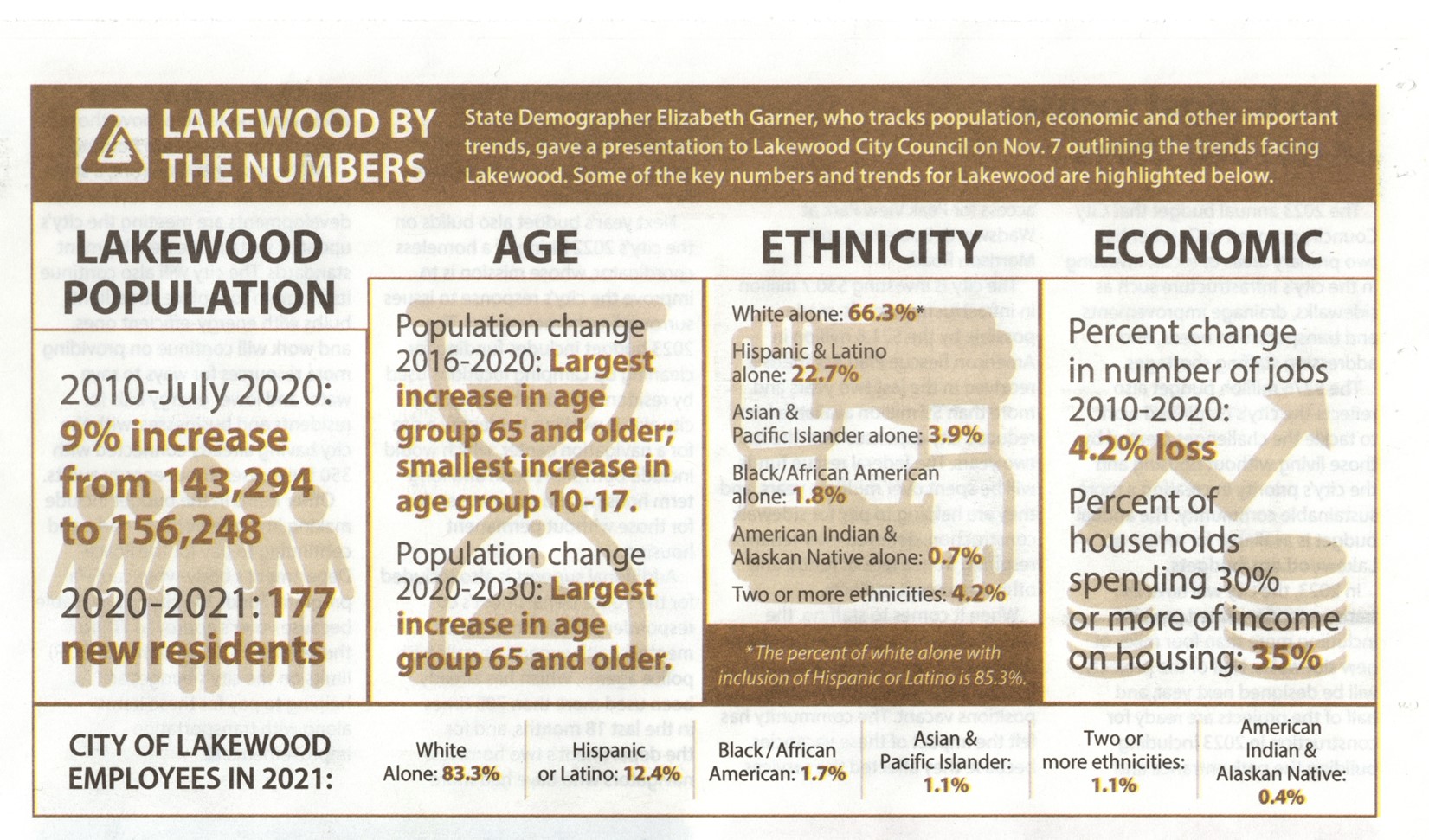





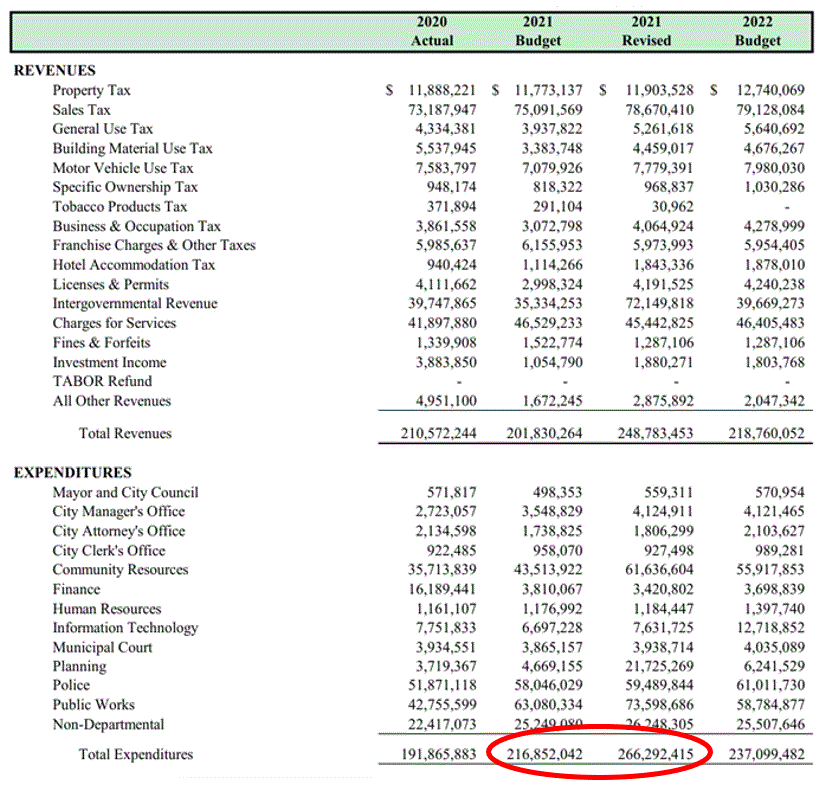
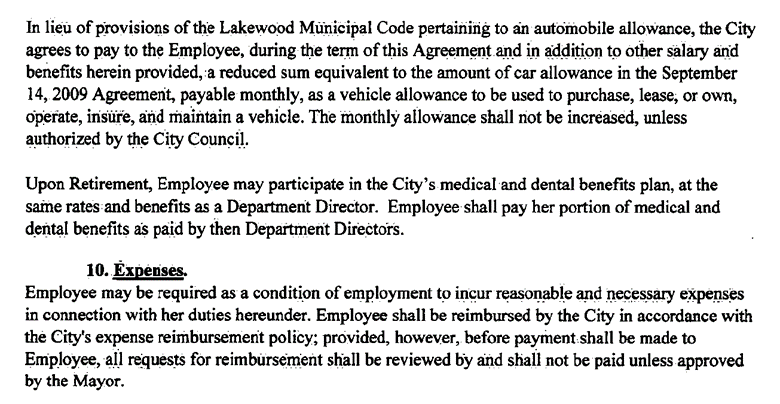
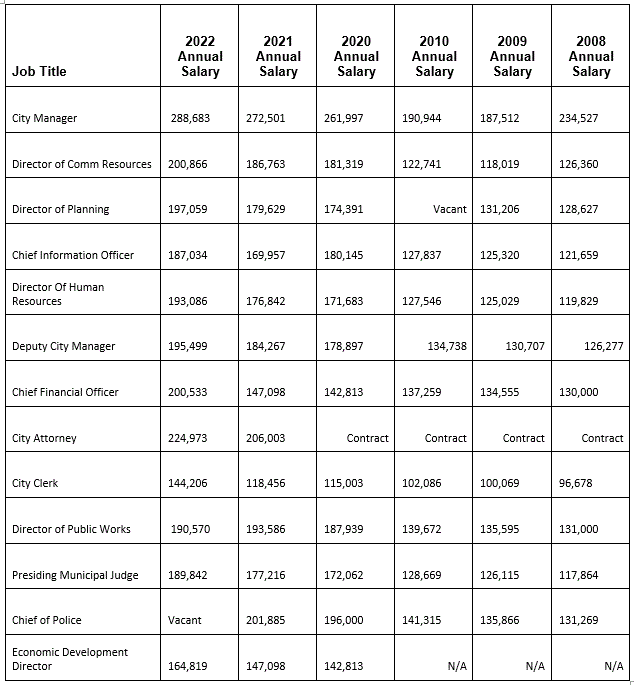


![To: Pam Brier; Kathy Hodgson
Cc: Gatlin Jeff; Donna Repp; Tolleson Julie
Subject: RE: [EXTERNAL] Re: Emory Elementary Next Steps Meeting
Date: Tuesday, September 12, 2023 1:40:36 PM
Attachments: image001.png
# EXTERNAL – USE CAUTION #
Kathy and Pam, Jeff and I are very excited to meet with you next week! Pam, I know you had been
talking with JLL, our commercial real estate agent. We’re not sure we’ll need an agent for this
transaction, but we will be using an outside real estate attorney. We believe it will be helpful (and
expeditious) for the attorney to be present early on in our conversations. Our attorney is Blair
Lichtenfels with Brownstein.
We would like to proceed with our meeting next week without counsel to do introductions and
talk timeline and next steps. At the next meeting we set, we would like to have our counsel and your
counsels present so that we can begin to move forward.
My rough thoughts on an agenda are as follows. Please feel free to suggest content:
Introductions
Catch-up on current context – Action Center, Lakewood, and Jeffco
Discuss Jeffco surplus process and timeline
Identify next steps, including to set a meeting with counsel present
Thank you both!
Lisa
Lisa Relou
Chief of Strategy & Communications](https://g51.e2b.myftpupload.com/wp-content/uploads/2024/04/lakewoodplanningmeeting.png?w=434)